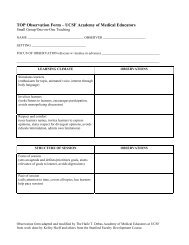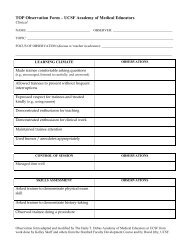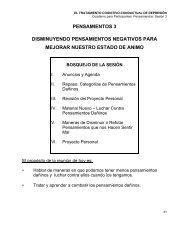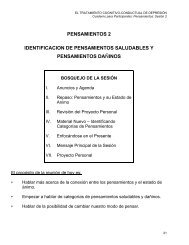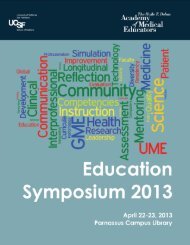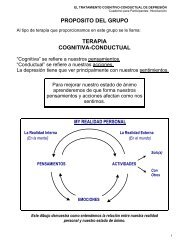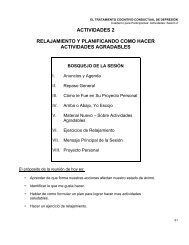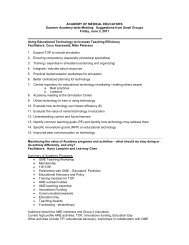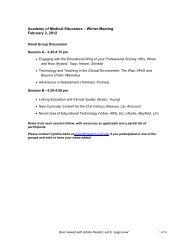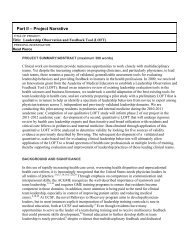The Healthy Management of Reality - Stanford University
The Healthy Management of Reality - Stanford University
The Healthy Management of Reality - Stanford University
You also want an ePaper? Increase the reach of your titles
YUMPU automatically turns print PDFs into web optimized ePapers that Google loves.
Few Christians would support the religious wars that wracked Europe, the religiouspersecutions that prompted so many to flee to the New World, or the Salem witchtrials. Few believers <strong>of</strong> the major religions wish for a return to the armed conflictsbetween them that have marred most <strong>of</strong> our history and are still causing death andsuffering today.Even the human perception <strong>of</strong> god has been molded in part by thedevelopment <strong>of</strong> the human idea <strong>of</strong> good. <strong>The</strong> early conceptions <strong>of</strong> gods withhuman imperfections, or bloodthirsty gods who required human sacrifices, or whoordered the annihilation <strong>of</strong> entire peoples, have gradually been moving toward aconcept <strong>of</strong> god as just, then <strong>of</strong> god as merciful, and, more recently, as totallybenevolent (that is, totally good).As humans continue to develop the concept <strong>of</strong> good, this concept is shapingeven our most fundamental beliefs. It is my hope that, as long as the leaders andthe influential thinkers <strong>of</strong> the great religions and the great civilizations remain opento their perception <strong>of</strong> the good and to the continual development <strong>of</strong> this concept,we will gradually find that there is more and more common ground across thesecurrently widely different perspectives.<strong>The</strong> concept <strong>of</strong> the good may be one <strong>of</strong> the most universal <strong>of</strong> humanconcepts. Osgood, a psychologist interested in measuring meaning across manydifferent cultures found that the "good-bad" axis was the strongest dimension <strong>of</strong>meaning that people used in thinking about people, things, and even concepts. <strong>The</strong>dimensions anchored by the concepts <strong>of</strong> "strong-weak" and "active-passive" weretwo other such axes. I believe that if we recognize that this concept is basic to ourmakeup and begin to use it in a conscious manner, it will be extremely helpful tous. Putting together these dimensions <strong>of</strong> meaning, I believe most human beingswould agree in moving toward an active and strong actualization <strong>of</strong> the good.HMOR.July2005.Muñoz.doc 27



